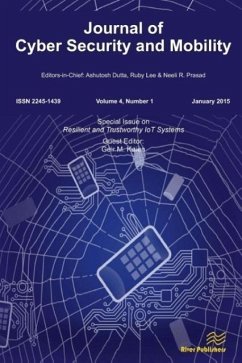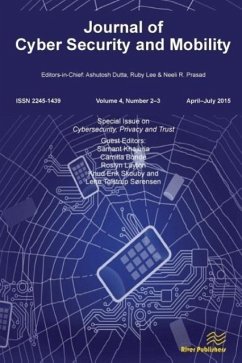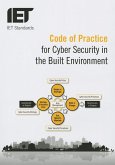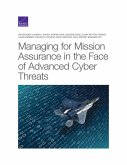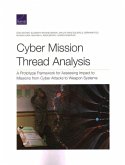The internet of things (IoT) is by now nothing new, but widespread adoption and increasing dependence on IoT services mean that we must ensure that the IoT systems we design, develop, and deploy are resilient and trustworthy. Almost universal availability is expected, yet individual devices will routinely fail and/or be compromised. Despite this, the services should be resilient and trustworthy. The environments where the devices will be deployed will range from protected and controlled environments to potentially very hostile environments where the exposure is extreme. The cyber security landscape has changed drastically over the last decade. We have adversaries engaging in cyber warfare, organized crime, indus- trial espionage, petty/opportunistic theft, and privacy invasions. Privacy has become more important, which is by many seen as a prerequisite for human trust in IoT systems. For the IoT systems to remain trustworthy, they need to have credible defenses and be able to detect and respond to incidents. We have four contributions to this special issue. The first contribution, "Torrent-based Dissemination in Infrastructure-less Wireless Networks" by Kyriakos Manousakis et al, has its roots in peer-to-peer mobile ad hoc networks. This contribution highlights robustness in content dissemination in peer-to-peer mobile ad hoc networks. These networks are subject to disruptions due to erratic link performance and intermittent connectivity. The approach used, called SISTO, is a fully distributed and torrent-based solution. The authors highlight four main features: 1) freedom from reliance on infrastructure; 2) network and topology aware selection of information sources; 3) robust multiple-path routing of content via a proactive peer selec- tion technique; and 4) an integrated distributed content discovery capability.
Hinweis: Dieser Artikel kann nur an eine deutsche Lieferadresse ausgeliefert werden.
Hinweis: Dieser Artikel kann nur an eine deutsche Lieferadresse ausgeliefert werden.

